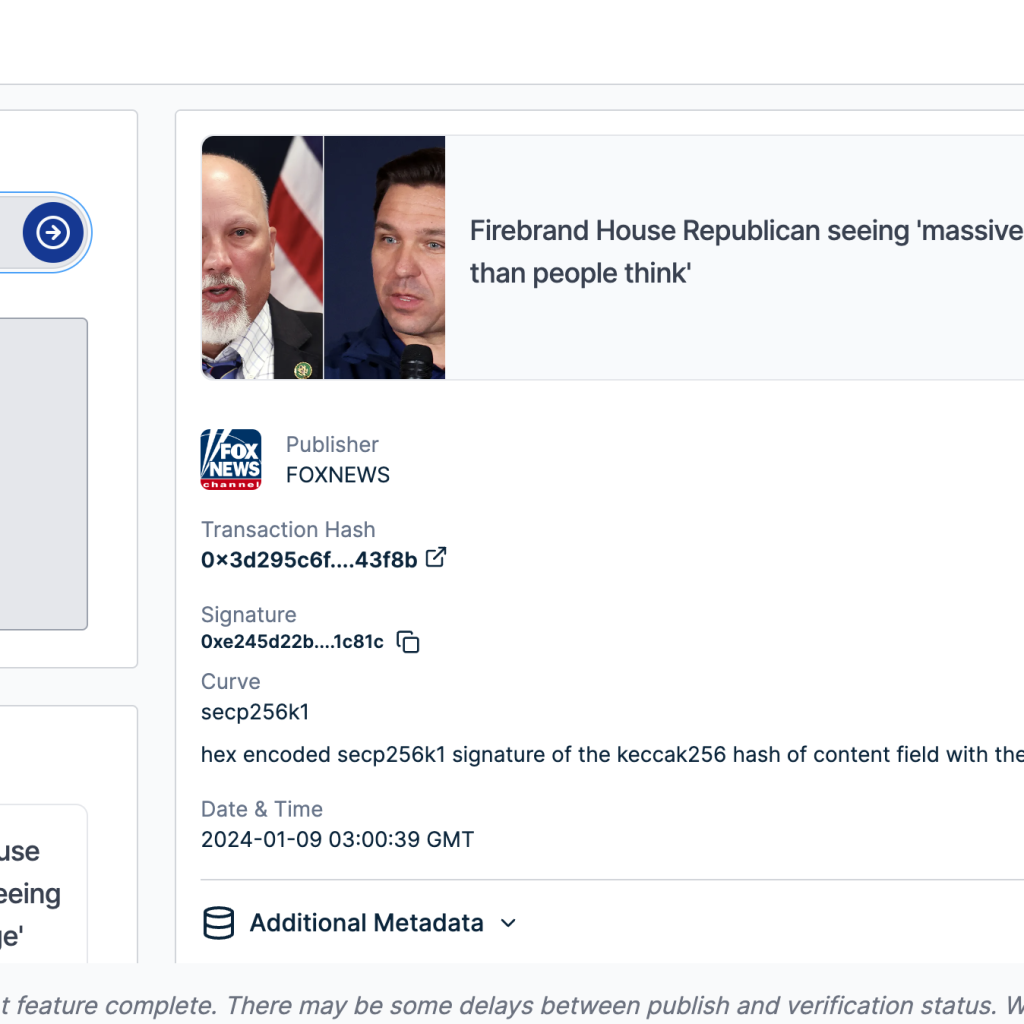
The CEO of Baidu said that since China’s new AI regulations have been in place over 70 AI models have been released in China with over 1 billion parameters.
The CEO of Chinese tech company Baidu, Robin Li, said on Sep. 5 that more than 70 artificial intelligence (AI) models have been released in the country, according to a report from Reuters.
Li commented that the over 70 AI language models that have been released were created with over 1 billion parameters, which technically can classify them as large language models (LLMs).
Currently, some of the biggest LLMs on the market include Meta’s Llama, released earlier this year containing 65 billion parameters, and OpenAI’s Chat GPT-4 which has not publicly released its parameters though is rumored to have over 170 trillion.
Parameters matter when it comes to LLMs because an increase in the number of parameters means the model is able to capture more details in the data. Ultimately, this helps models perform better.
Baidu, a prominent AI developer and internet services provider in China, released the latest version of its Ernie chatbot to the public on Aug. 30. It was among some of the first companies to release chatbots for public use after the enactment of China’s new AI laws.
Related: US and China AI-tech standoff shows signs of spreading to other countries
According to Li, the latest version of Baidu’s chatbot, Ernie 3.5, is equipped with a processing speed twice that of the previous version and efficiency improved by 50%. He also revealed that the company plans to launch a newer version in the “near future.”
Earlier this summer, on Aug. 3 the Chinese e-commerce and tech giant Alibaba, launched two new AI models that are open sourced and said to rival Meta’s Llama 2.
The Chinese government only recently passed and implemented its AI laws. Previously, companies were able to launch small-scale tests of their AI products, which now under the new rules widened the test size and enabled more features.
Magazine: AI Eye: Get better results being nice to ChatGPT, AI fake child porn debate, Amazon’s AI reviews





